PLUS: The triple G of clean cooking: Green, gender, and good health.
| Having trouble seeing this email? |
| |
| |
| |
| As the COVID-19 pandemic and economic crisis continues to spread, the amount of money migrant workers send home is projected to decline 14 percent by 2021 compared to the pre COVID-19 levels in 2019. | | | |
| |
 | | | | Building a stronger Human Capital could accelerate Morocco's economic growth, job creation trajectory and competitiveness gains. While money remains tight, Morocco will need to safeguard education spending to limit the intergenerational transmission of poverty. | | | | 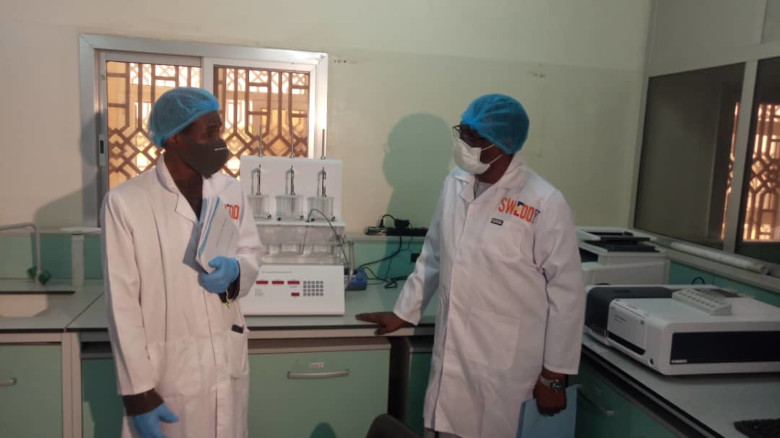 | | | | When it became virtually impossible to find frontline protective products against COVID-19, Chad launched its first ever production of these flasks. | | | | |
| |
| "As the world recovers from the crisis, clean cooking will be important element of a green and low-carbon development trajectory, as well as a key to achieving climate and energy access goals. It's time to make it a policy priority and use the opportunities in recovery plans to marshal the necessary financing and multi-sector partnerships. Collectively, we can seize the moment by providing access to modern energy cooking to the 4 billion who don't have access, and achieve the triple G development benefit – green, gender, and good health." — Mari Elka Pangestu, October 22 | | | | |
| |
|
| |
| The East Asia and Pacific (EAP) region is a key player in the marine plastics crisis with a groundswell of public support for urgent action against plastic pollution to protect communities, ecosystems, and economies. Join government officials, private sector leaders, and civil society representatives from across the region to discuss effective ways to accelerate policies, investments, and innovations to address marine plastics in East Asia. Register to receive updates on the virtual event. | | | | |
|
|
| |
|
| The Global Education Evidence Advisory Panel (GEEAP) launched its inaugural "Smart Buys: Cost-effective Approaches to Improve Global Learning Levels" report on Wednesday, October 28th. This is the first major set of recommendations from the Evidence Panel and focuses on cost-effective practices in education, based on its review of high-quality evidence. Watch a replay of the event! | | | | |
| |
 |
| In times of crisis, digital #tech keeps people connected & governments and businesses running. Yet half of the world's population remains offline—What can we do to achieve #Connectivity4All? Watch the event replay to find out: http://wrld.bg/pD4750C5hqN #ResilientRecovery |
 |
| Around the world millions of students have shifted to online learning during the pandemic. But what about students on the other side of the digital divide? The Development Podcast spoke to Jaime Saavedra http://wrld.bg/60wU50C52BO #WorldBankPodcast |
| |
| |
| |
| |
| 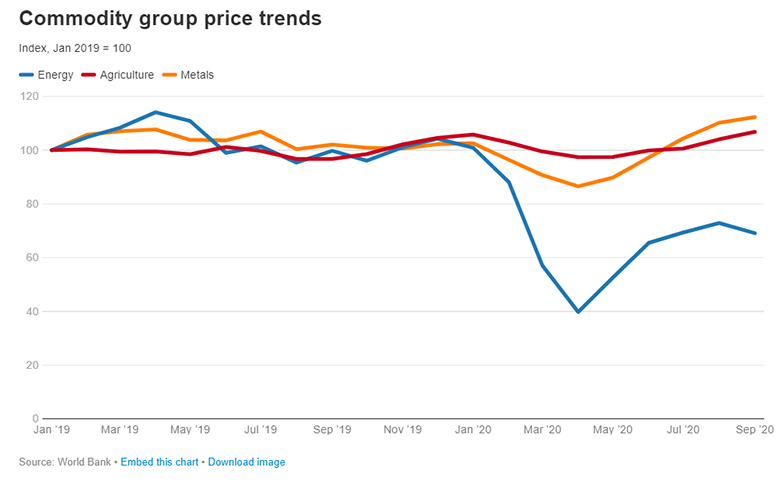 The pandemic has had the largest impact on energy prices. After plunging in March and April, energy prices have seen a partial recovery, driven by crude oil prices. However, the recovery has stalled recently amid concerns about renewed COVID-19 infections and their impact on oil consumption. Oil prices are expected to remain close to current levels into next year, staying well below pre-pandemic benchmarks. In contrast, metal and agricultural commodities have recouped their losses from the COVID-19 pandemic and are expected to make modest gains in 2021. Learn more>> The pandemic has had the largest impact on energy prices. After plunging in March and April, energy prices have seen a partial recovery, driven by crude oil prices. However, the recovery has stalled recently amid concerns about renewed COVID-19 infections and their impact on oil consumption. Oil prices are expected to remain close to current levels into next year, staying well below pre-pandemic benchmarks. In contrast, metal and agricultural commodities have recouped their losses from the COVID-19 pandemic and are expected to make modest gains in 2021. Learn more>>
|
| |
| Accredited journalists may obtain advance access to reports and information by registering with the Bank's Online Media Briefing Center, a password-protected site for working journalists. Material in this newsletter is copyrighted. Requests to reproduce it, in whole or in part, should be addressed to pubrights@worldbank.org For more information visit our website: worldbank.org. Access to Information | Other Bank Newsletters | Privacy Policy |
|

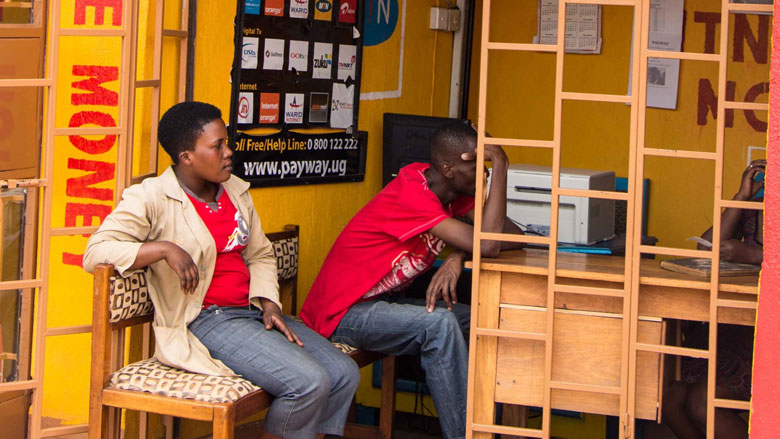


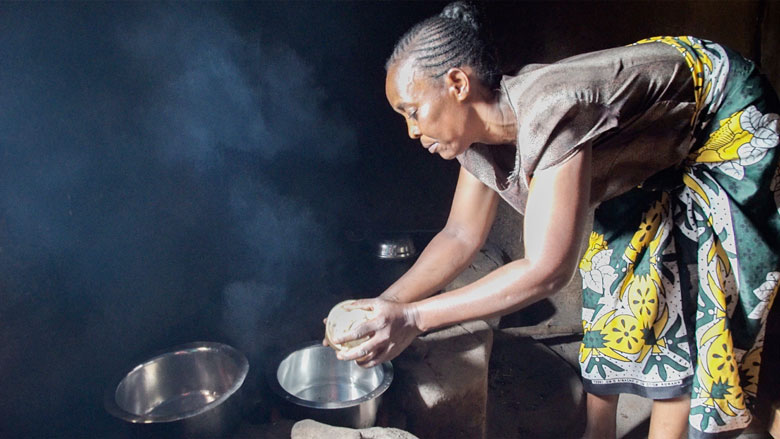

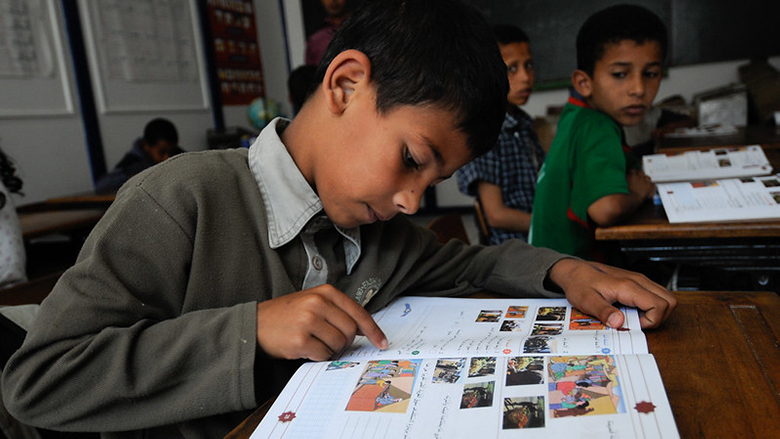

No comments:
Post a Comment